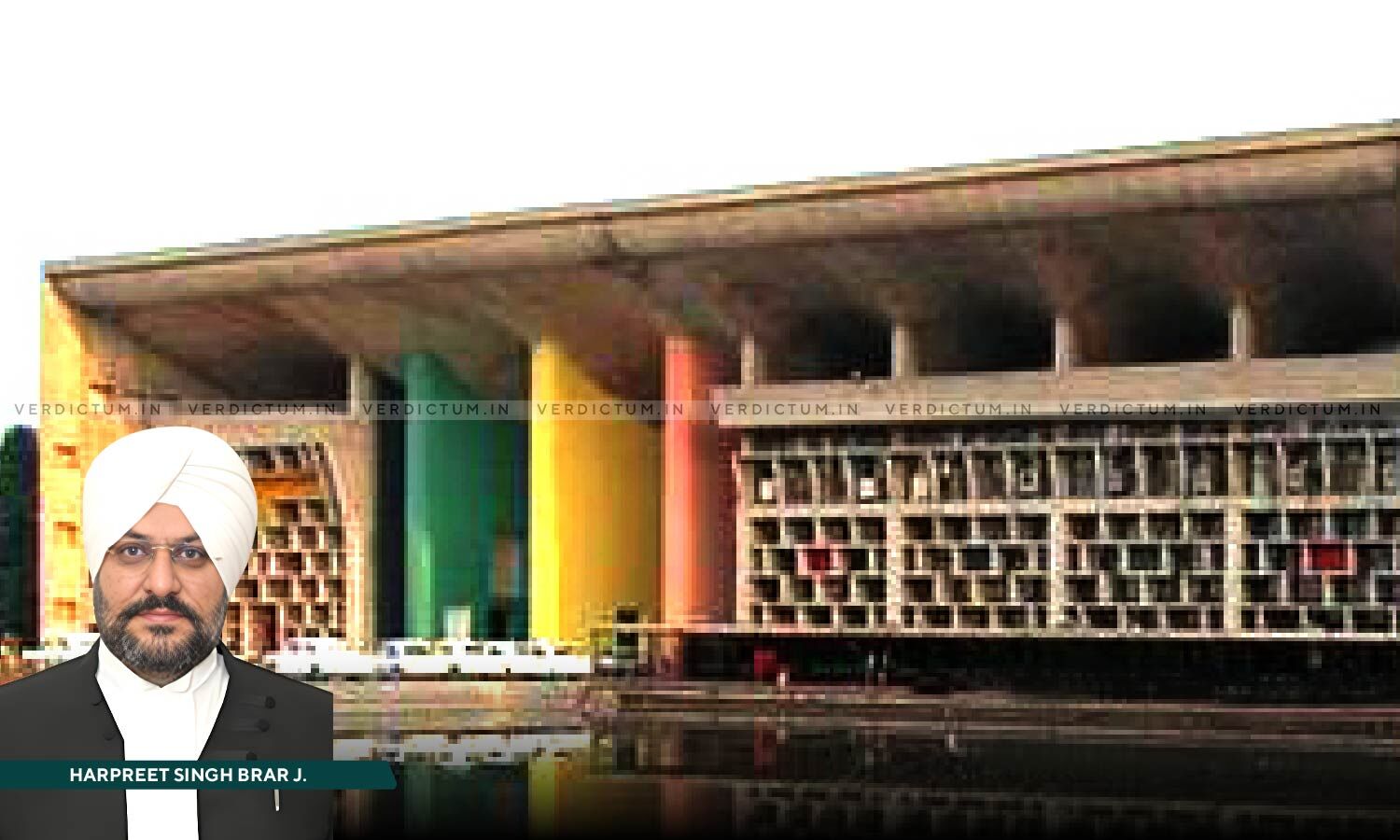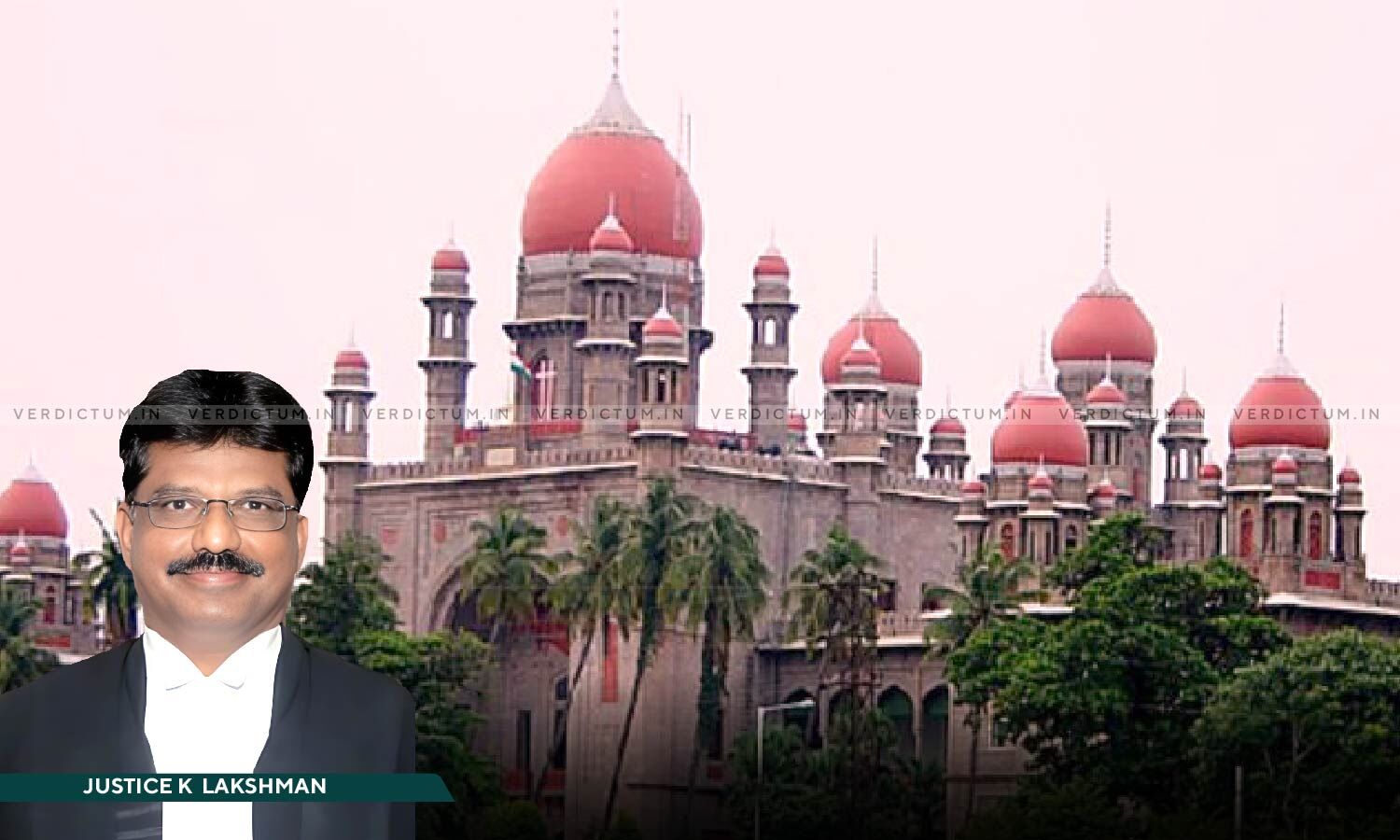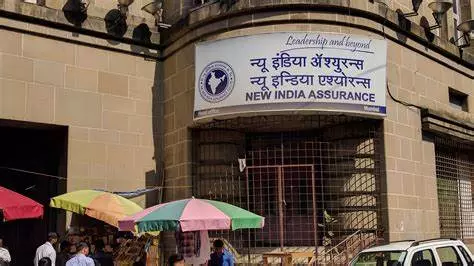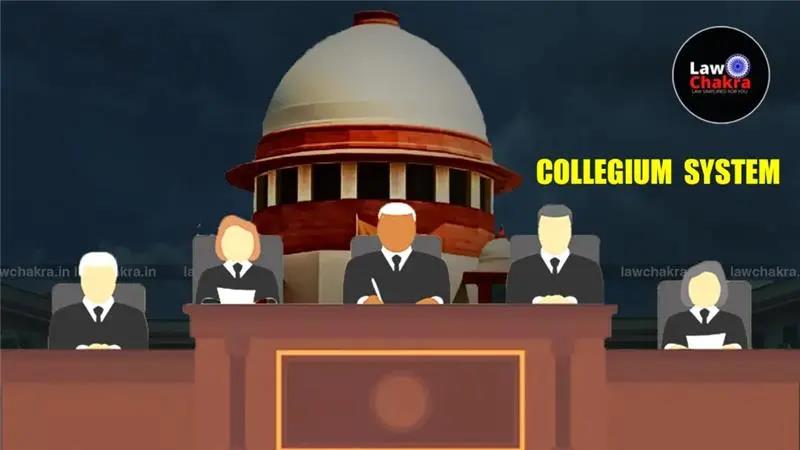Punjab & Haryana High Court

The Punjab and Haryana High Court held that the time spent on parole shall be deducted from the total sentence, as it also includes remissions earned during that period.
The Court held thus in a Criminal Writ Petition and Review Application seeking recalling/reviewing/modification of an Order and seeking issuance of a Writ of Certiorari for quashing of the Order, vide which the case of the Petitioner for premature release was rejected.
A Single Bench of Justice Harpreet Singh Brar observed, “It goes unsaid that reformation and deterrence, especially in cases as severe as murder, must go hand in hand. It is mandatory to meet the minimum benchmark for actual sentence, in terms of the applicable policy, by serving that period in the prison. Thus, the time spent on parole shall be deducted from the total sentence, as it also includes remissions earned during that period.”
Advocate Nandan Jindal represented the Petitioner while DAG Pardeep Bajaj represented the Respondents.
Facts of the Case
The Petitioner was convicted by the Sessions Court vide a Judgment in 2014 in a case stemming from an FIR under Section 302 of the Indian Penal Code, 1860 (IPC). Being aggrieved, he preferred an Appeal before the High Court which was dismissed and a Special Leave Petition (SLP) was also moved by him before the Supreme Court, which was dismissed. Thereafter, the Petitioner moved an Application for premature release under a policy of 1991 and subsequently, a Criminal Writ Petition was moved before the High Court seeking directions for his release. The same was disposed of whereby the Respondents were directed to consider the case of the Petitioner within two months. Being aggrieved, the Punjab State moved an SLP before the Apex Court, which was dismissed as withdrawn. Hence, the case was before the High Court.
Reasoning
The High Court after hearing the contentions of the counsel, noted, “The prisoner must spend the time stipulated as ‘actual sentence’ by the policy in order to be eligible for premature release. Even if one avails multiple paroles, the minimum benchmark of actual custody set out in the policy will have to be met in all cases. Alterations or corrections, if any, ought to be made to the ‘total sentence’ by adding remission and subtracting concessions like parole. The provision of Section 3(3) of the Act of 1962 leaves no room for any ambiguity in this regard.”
The Court said that ordinarily, the period of temporary release needs to be counted towards the total period of sentence, but this condition can be curtailed by the legislative action by enacting laws and issuance of Rules, Instructions etc. for grant of parole.
“Indubitably, in this context, a specific legislation already exists by means of Section 3(3) of Act of 1962. The said provision explicitly provides that the period of parole shall not be counted towards the total sentence. As such, by merely using the rule making power, or issuing clarifications, without amending the parent Act, the deduction of the period of parole from actual sentence cannot be held to be legally binding. The provisions of Act of 1962 will naturally prevail over the Rules and any clarificatory instructions. Since Section 3(3) of Act of 1962 still occupies the field, it would override and prevail over any deviations made by the means of any Rules or instructions”, it added.
The Court, therefore, held the formula prescribed in meeting to be invalid being in direct contravention of Section 3(3) of the 1962 Act. It further directed that the parole period shall only be subtracted from the total sentence and not from the actual sentence and the actual sentence shall only mean the real time spent by a prisoner in the prison premises.
Accordingly, the High Court dismissed the Review Application, allowed the Writ Petition, and set aside the Respondent’s Order.
Cause Title- Rupinder Singh v. State of Punjab and Others (Case Number: CRM-W-556-2025 in CRWP-2705-2023)
Appearance:
Petitioner: Advocates Nandan Jindal and Tushar Sabherwal.
Respondents: DAG Pardeep Bajaj




